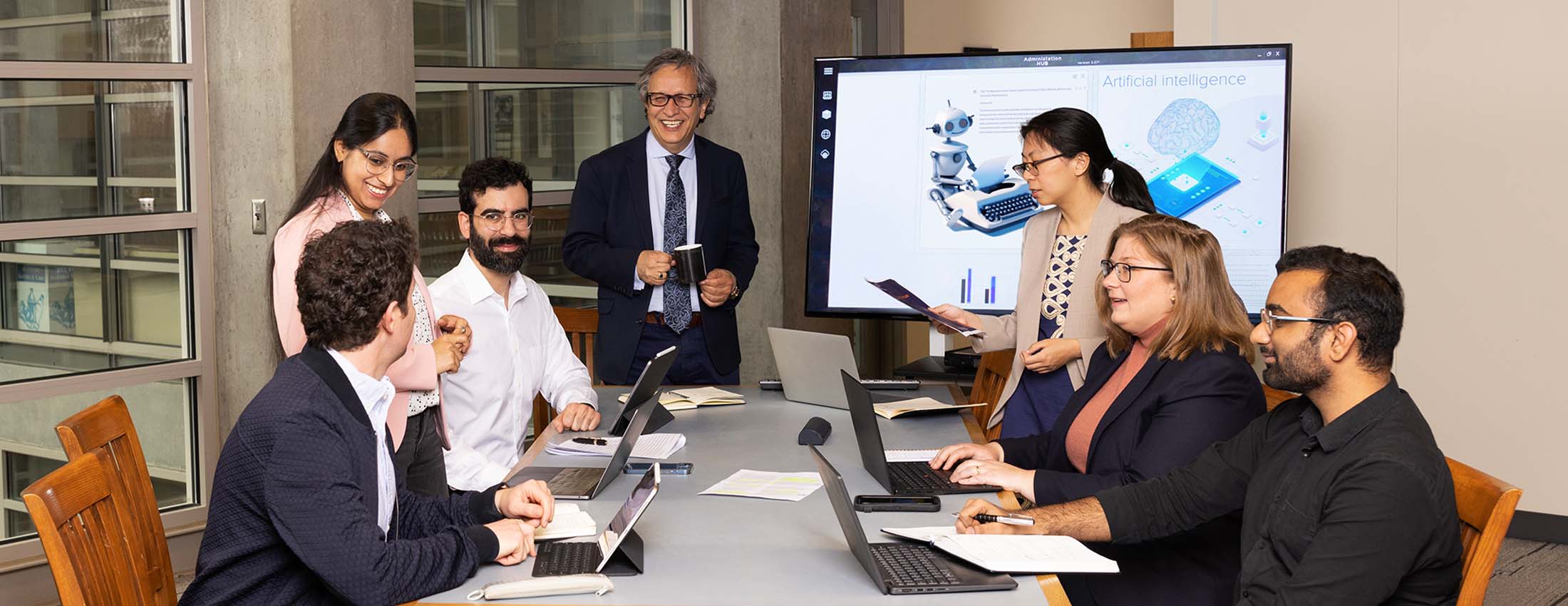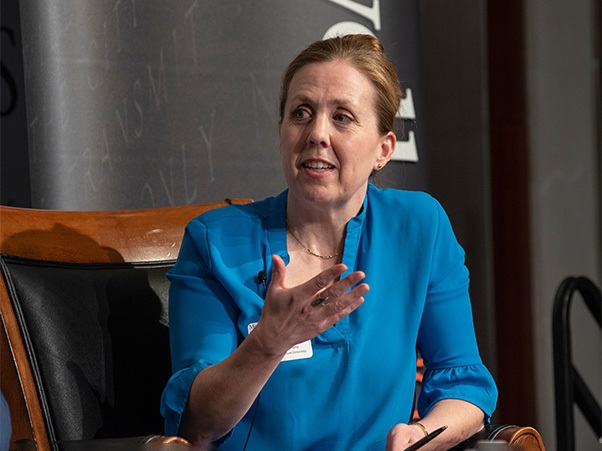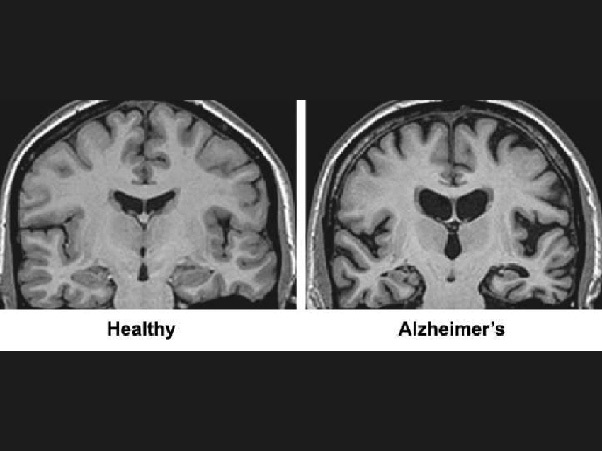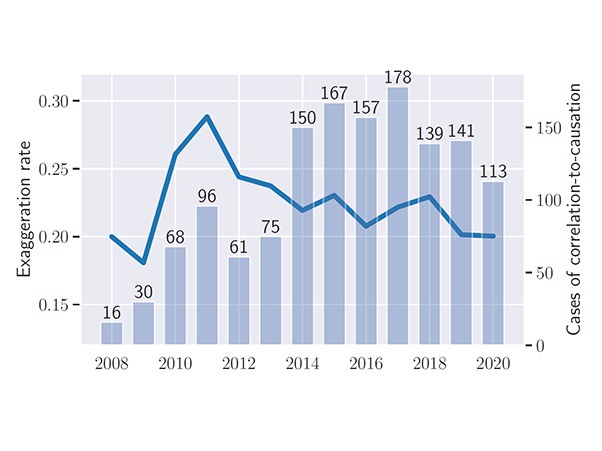
Autonomous Systems Policy Institute
The Autonomous Systems Policy Institute (ASPI) is a Universitywide initiative at Syracuse University focused on the intersection of technology, society and policy.
ASPI has three main goals:
- to create an environment of intellectual exchange and cross-disciplinary work and education between engineering; humanities; and physical, biological and social sciences;
- to pursue projects that respond to the current social, economic and environmental challenges brought about by artificial intelligence and other emerging technologies and;
- to foster relations with local, regional and international bodies in order to help governments, industries and civic organizations develop laws, policies and practices around the above challenges.
Autonomous Systems Policy Institute In Action
Media Coverage

Jan 30, 2026
Media Coverage

Jan 26, 2026
Media Coverage

Dec 30, 2025
The Digital Deception Landscape: Academic Insights on Misinformation and Deepfakes
In this webinar, experts critically analyze the evolving landscape of misinformation, focusing on the role of deepfakes and AI-driven content. The panel covers a rigorous, evidence-based discussion with diverse academic insights from psychology, communications, public policy and political science.
Topics include trends in misinformation, the effectiveness of mitigation strategies like fact-checking and media literacy, the impact of foreign influence operations and what we know or don't know yet based on the most up- to-date academic literature.
Given the focus of the Academic Alliance for AI Policy (AAAIP) on providing non-partisan evidence to inform policy, the conversation also highlights actionable policy recommendations for addressing these challenges.
November 14, 2024









